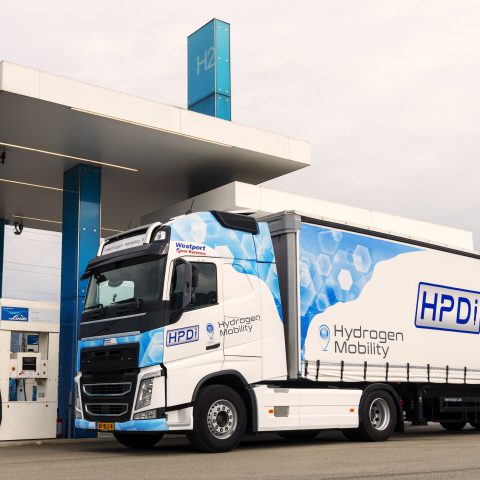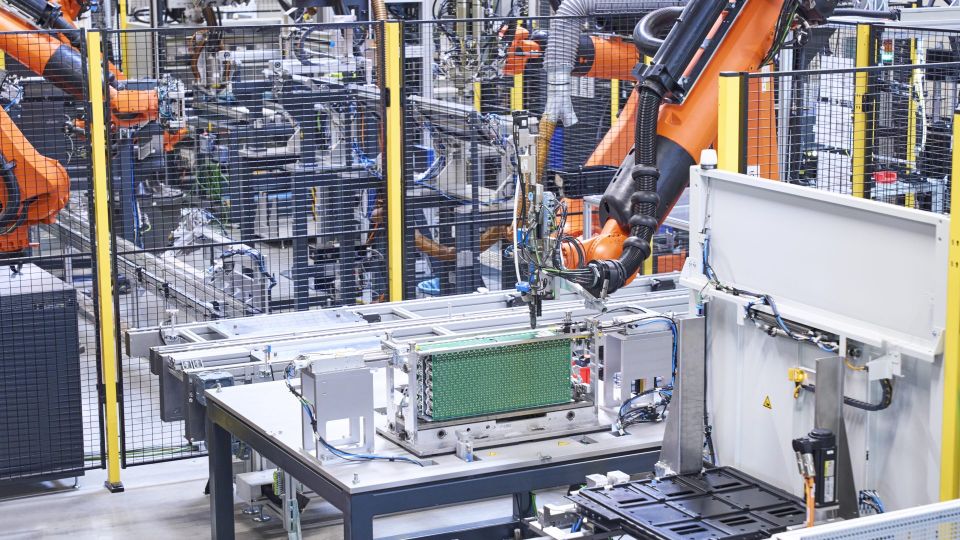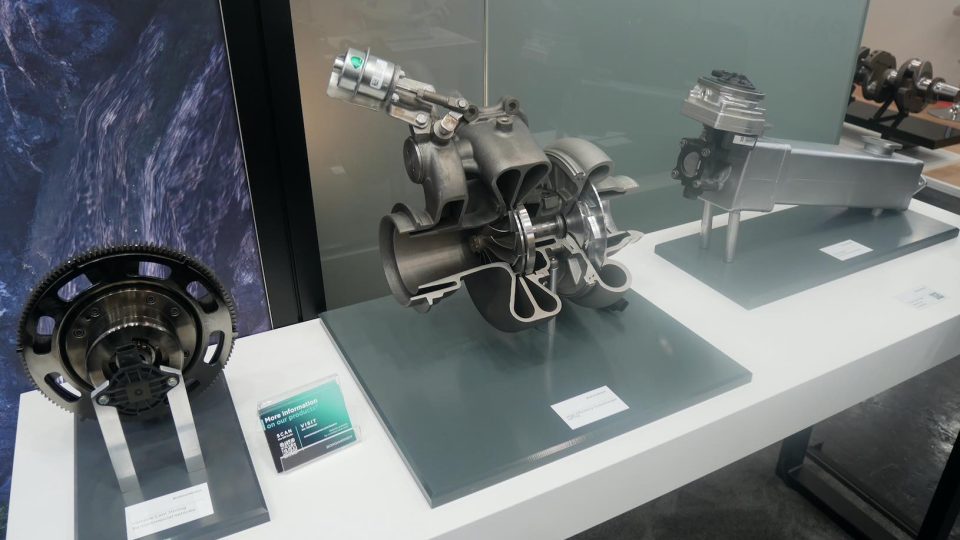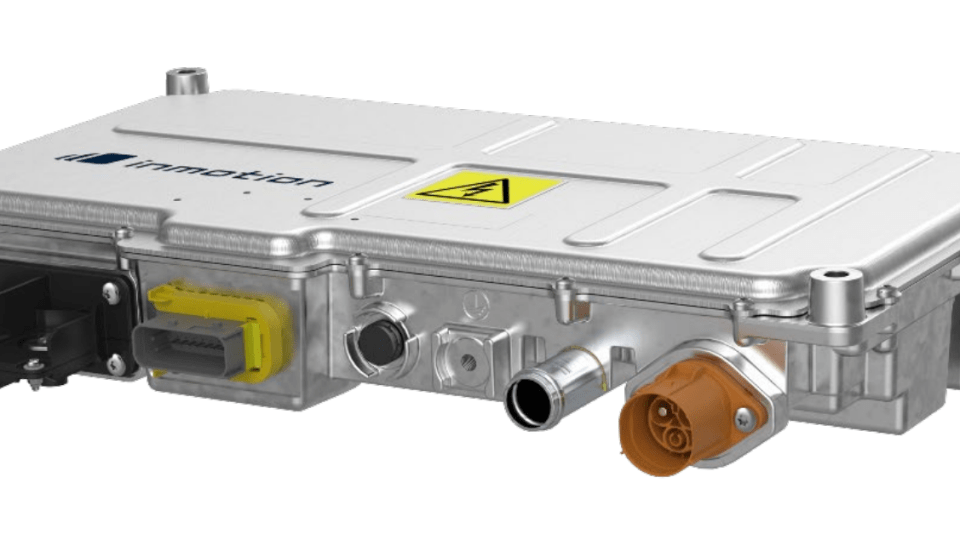Westport’s HPDI system for hydrogen injection compliant with the new European standards
Westport's H2 HPDI fuel system solution is compatible with the ZEV threshold of 3gCO2/ton-km. More into details, Westport's clean mobility solutions are engineered for a diverse set of zero-emission vehicles with hydrogen fuel systems and components for both internal combustion engines and fuel cell applications.

Westport Fuel Systems welcomes the recent agreement between European legislators regarding the lowering of CO2 emissions in the European Union’s (EU) heavy-duty road transport sector. These emissions reduction targets maintain a degree of flexibility for OEMs to comply using a portfolio of CO2 reduction solutions including low carbon fuels, hydrogen combustion, fuel cell, and battery electric technologies. Westport has recently signed an agreement with Volvo, among the major European truck manufacturers.
Westport’s H2 HPDI fuel system solution is compatible with the ZEV threshold of 3gCO2/ton-km. More into details, Westport’s clean mobility solutions are engineered for a diverse set of zero-emission vehicles with hydrogen fuel systems and components for both internal combustion engines and fuel cell applications. In addition to H2 HPDI fuel system solution, Westport can contribute with engine management systems for spark ignited engines, engineered for monofuel hydrogen ICEs that are classified as a ZEV technology by regulatory definition.
Beyond Westport’s HPDI system: hydrogen components
Moreover, the Canadian company has in its portfolio some valuable hydrogen components for fuel pressure management and regulation that are used commercially today in the growing market for hydrogen fuel cell and ICE vehicles.
“Our current products and innovative technologies support long-term decarbonization by efficiently reducing CO2 emissions across different applications, delivering both environmental benefits and cost-effectiveness,” said Scott Baker, Vice President of Global Engineering for Westport Fuel Systems. “Advanced products, such as our LNG HPDI fuel system on the road today, used with increasing shares of biomethane have in the past years and will in the coming decades continue to deliver growing CO2 reductions to the heavy-duty vehicle sector in Europe and will be supplemented with an expanding range of hydrogen products.”
“As a key supplier of hydrogen and other alternative fuel system solutions, we are encouraged by the EU’s revised CO2 emission standards for heavy-duty vehicles,” added Dan Sceli, Chief Executive Officer of Westport Fuel Systems. “These new standards reflect ambitious decarbonization targets that can be achieved by utilizing a blend of new and current vehicle and fuel system technologies such as those in Westport’s portfolio while also clearing a path to encourage future investment in the best and most affordable solutions to decarbonize heavy-duty transport.”











